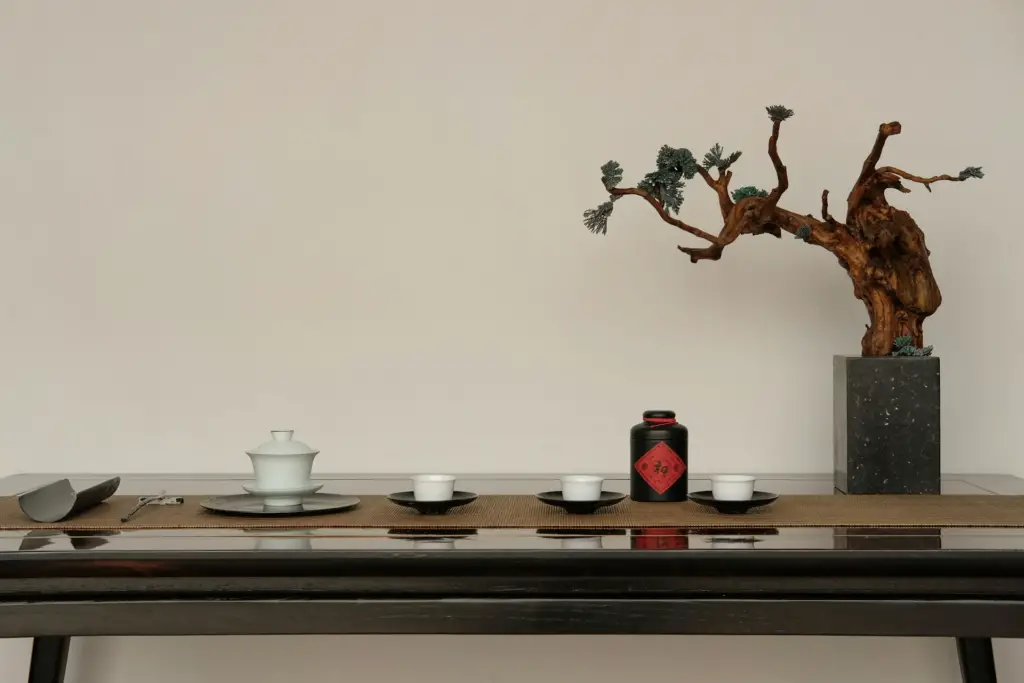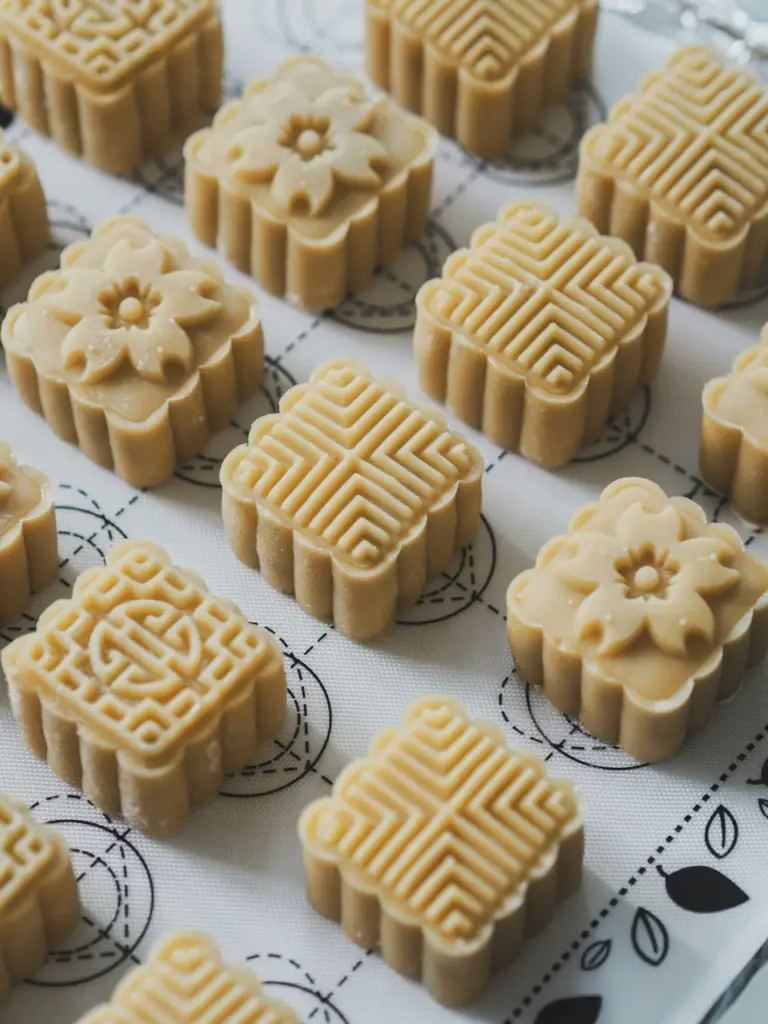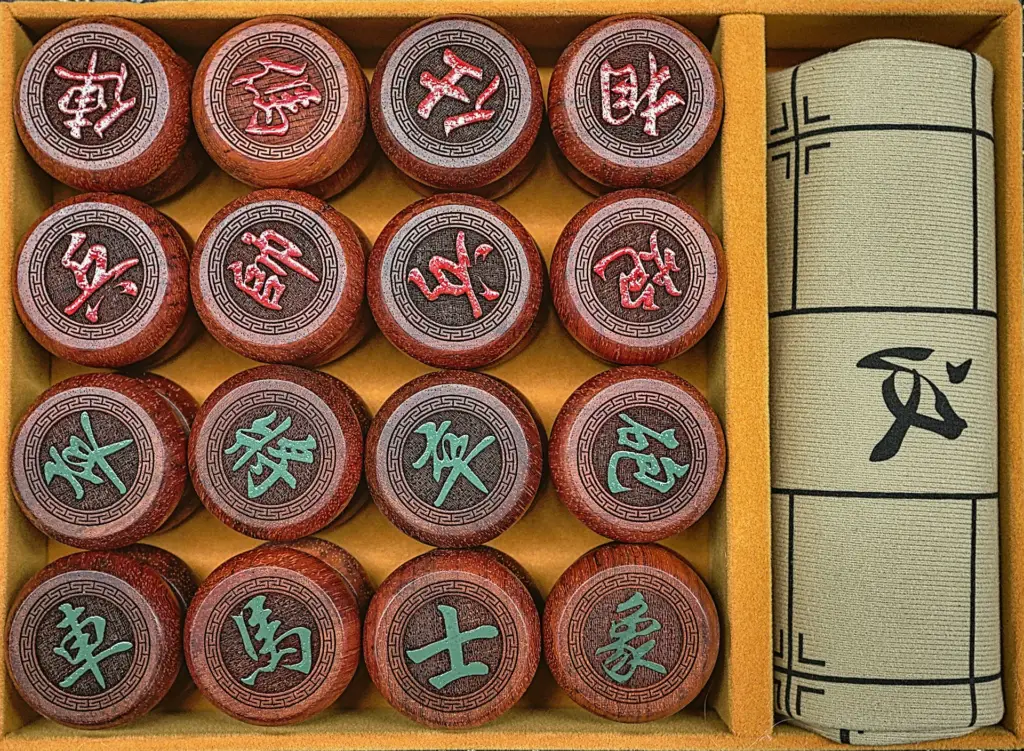
Photo by 五玄土 ORIENTO on Unsplash
China boasts an ancient and vibrant cultural legacy that contains an array of practices, customs, traditions and games that can enrich modern lives. This blog delves into some fascinating aspects of Chinese culture that can promote well-being while strengthening connections and increasing personal fulfillment.
Traditional Chinese Medicine (TCM)
Traditional Chinese Medicine (TCM) is an age-old system of wellness practices developed over thousands of years in China. TCM encompasses various methods, such as acupuncture, herbal medicine, and Tai Chi, that aim to achieve balance and harmony within our bodies. Integrating TCM principles into everyday life may help relieve stress levels while simultaneously improving physical health and creating a deeper bond with ourselves and each other.
Acupuncture
Acupuncture involves inserting thin needles into specific points on the body in order to stimulate energy flow and facilitate healing, providing pain relief, relieving stress, and improving overall well-being. Although acupuncture may seem scary at first, many find it an incredibly relaxing and rejuvenating experience.
Herbal Medicine
Herbal medicine in TCM utilizes natural plants and minerals to address various health concerns, providing natural alternatives for improving immunity, energy, and overall wellness. Familiarizing oneself with common Chinese herbs like ginseng, goji berries, and ginger may offer natural solutions to improving immunity, energy levels, overall wellness, and overall physical well-being. Combining herbal medicine with balanced eating practices and regular physical activity may even further increase physical well-being.
Tai Chi
Tai Chi is an ancient martial art form that combines graceful movements with deep breathing and meditation to achieve relaxation and greater wellbeing. Research has proven its many advantages for improving balance, decreasing stress levels, and relaxing muscles, as well as contributing to stronger bodies and minds for a happier, healthier lifestyle. Implementing Tai Chi into daily routines may strengthen both the body and mind for an overall healthier life experience.
Chinese Tea Culture
Chinese tea culture is an elaborate combination of tradition, art, and daily ritual that transcends mere consumption as it promotes mindfulness, relaxation, and social connection.
Tea Varieties
China’s vast tea culture offers an assortment of varieties with unique tastes, aromas, and health benefits, including green, black, oolong, white, yellow, and dark teas. Green tea is one of the most beloved varieties in China and is famed for its delicious, fresh, grassy taste as well as numerous health benefits, such as improving brain function and aiding weight loss. Black tea, more commonly known in China as “Hong Cha”, boasts a robust malty taste and can help promote heart health while simultaneously lowering cholesterol levels. Oolong tea sits somewhere between green and black tea in terms of both its oxidation process and flavor, offering a fragrant floral experience that aids digestion while increasing metabolism. White tea is one of the least processed types, maintaining its delicate sweetness as well as high concentrations of antioxidants that promote skin health and immune system support. Yellow tea, a lesser-known variety, undergoes an interesting fermentation process that creates its smooth, pleasant taste while offering similar health benefits as green tea. Dark tea (or “Pu-erh“) is produced through fermentation and aging, yielding a complex earthy flavor renowned for its digestive health benefits and ability to lower blood sugar. Discovering all these varieties not only builds appreciation for Chinese culture but also contributes to overall wellbeing.
Health Benefits
Many Chinese teas contain antioxidants that can boost your immunity, aid digestion, and sharpen your mental focus. Integrating tea drinking into one’s regular lifestyle can support an overall healthier and more balanced lifestyle, with an array of Chinese tea varieties to suit every palate and preference. Furthermore, drinking tea is a soothing ritual that promotes relaxation while decreasing stress levels.
Festivals and Traditions
Chinese festivals and traditions are vibrant celebrations that involve family reunions, cultural performances, and delicious cuisine. Joining in with these festivities can bring great joy, deepen familial ties, and deepen one’s knowledge of Chinese culture.
Chinese New Year
Chinese New Year (Spring Festival) is one of the world’s most revered celebrations, celebrated through dragon and lion dances, fireworks displays, red envelope exchanges with money inside them as gifts, and family gatherings fostering unity and belongingness. Food served during this festival often has symbolic meaning, such as dumplings representing wealth and longevity.
Mid-Autumn Festival
This festival commemorates the harvest season and is popularly known as the “Moon Festival.” Families come together to admire the full moon while feasting on delectable mooncakes and tea. Their round shape represents family unity, while its fullness symbolizes prosperity and happiness.
Dragon Boat Festival
This festival commemorates the life and death of the ancient poet Qu Yuan, who drowned himself as an act of political protest. Festivities include dragon boat races as well as eating Zongzi, pyramid-shaped sticky rice dumplings wrapped in bamboo leaves, which symbolize traditional Chinese culture while honoring those who have made sacrifices for their beliefs.

Photo by Alexa Soh on Unsplash
Chinese Calligraphy and Painting
Chinese calligraphy and painting are two ancient arts that emphasize simplicity and the harmony between humanity and nature. Learning these arts can enhance creativity, patience and mindfulness.
Calligraphy
Calligraphy, an art form that involves writing Chinese characters with a brush and ink, can improve concentration, coordination, and appreciation for written language. Furthermore, practicing calligraphy can serve as a meditative practice that encourages inner peace. Similarly, each person will develop their own individual style of calligraphy, just like handwriting does.
Chinese Painting
Traditional Chinese painting depicts landscapes, flowers, and birds using flowing brushstrokes and minimalist styles that emphasize balance and harmony. Engaging in Chinese painting can enhance one’s sense of beauty while deepening their connection to nature and providing opportunities for self-expression and introspection.
Chinese Games
Chinese games offer much more than entertainment. They also stimulate mental stimulation and cultural insight, providing mental stimulation as well as strengthening strategic thinking, memory retention, and social interactions.
Mahjong
Mahjong is a centuries-old Chinese game, beloved in many cultures worldwide and often played by four players with tiles depicting characters and symbols from China. Mahjong is a tile-matching game where players attempt to form winning hands by matching specific combinations known as melds of tiles. A typical Mahjong set typically includes suits such as bamboos, characters and dots, as well as honor tiles such as winds and dragons. Mahjong requires strategic thinking, keen observation, and an excellent memory, making it not only an entertaining challenge but also a fantastic way to exercise one’s brain. Mahjong, played casually or competitively by friends, provides an enriching cultural experience while engaging socially.
Weiqi (Go)
Commonly known as the game of surround, Weiqi is one of the oldest board games ever invented. Players use stones on a grid to control territory by placing stones strategically to increase concentration and foresight, increasing cognitive skills and foresight as well as providing insight into Chinese philosophy and culture. It embodies both aggression and defense within each move a player makes. This centuries-old board game continues to be enjoyed worldwide, including professional tournaments and clubs all over. Weiqi has been played by the Chinese since at least 2,500 years before becoming popular worldwide today.
Chinese Chess (Xiangqi)
This game resembles international chess but differs in both rules and pieces from its counterpart, emphasizing strategy, planning, and war tactics. Chinese Chess can enhance problem-solving skills while providing an engaging way to learn Chinese military history and tactics. Like other traditional Chinese games, Xiangqi also has strong cultural ties that reflect cultural beliefs. For example, an Elephant piece (or Minister piece) only moves diagonally, symbolizing its limited power compared with that of a General or King piece. Xiangqi remains popular today throughout China as well as other Asian countries, with various variations or adaptations being played throughout their regions based on cultural and regional customs.

Photo by Eric Prouzet on Unsplash
Conclusion
Integrating Chinese practices, customs, traditions and games into our everyday lives can bring many advantages, from enhanced health and mental clarity to strengthen social connections and cultural understanding. By adopting aspects of Chinese culture into our lives, we can find new ways to enrich personal development and well-being, leading to a richer, more balanced, and more satisfying lifestyle. From mindful traditional Chinese medicine practice and more ritual tea culture ceremony through festival celebrations with Chinese games… each element provides its own opportunity for enriching our lives while broadening our perspectives.










